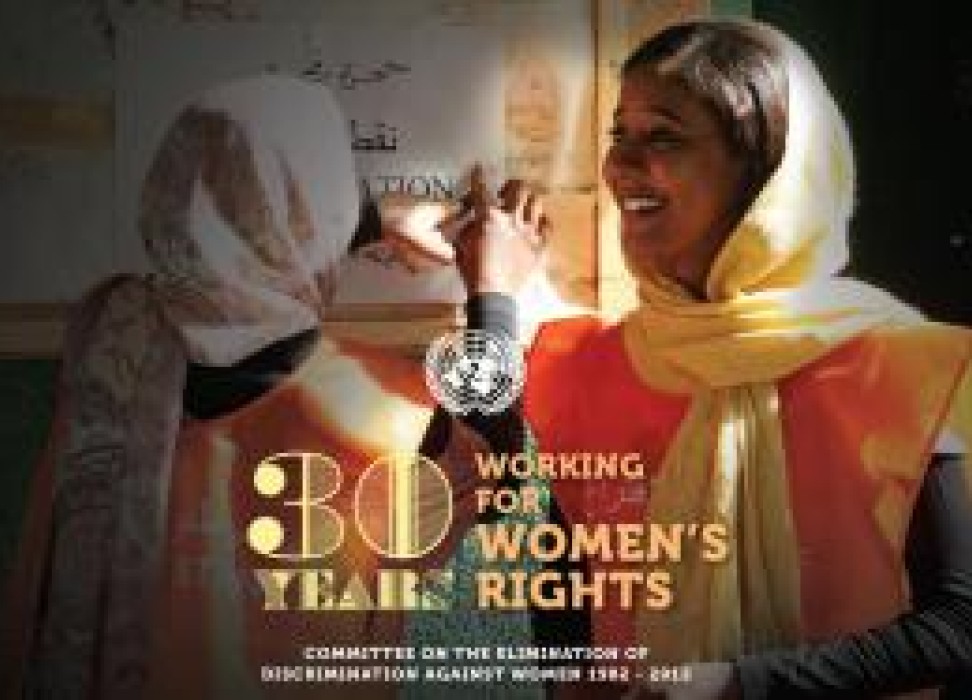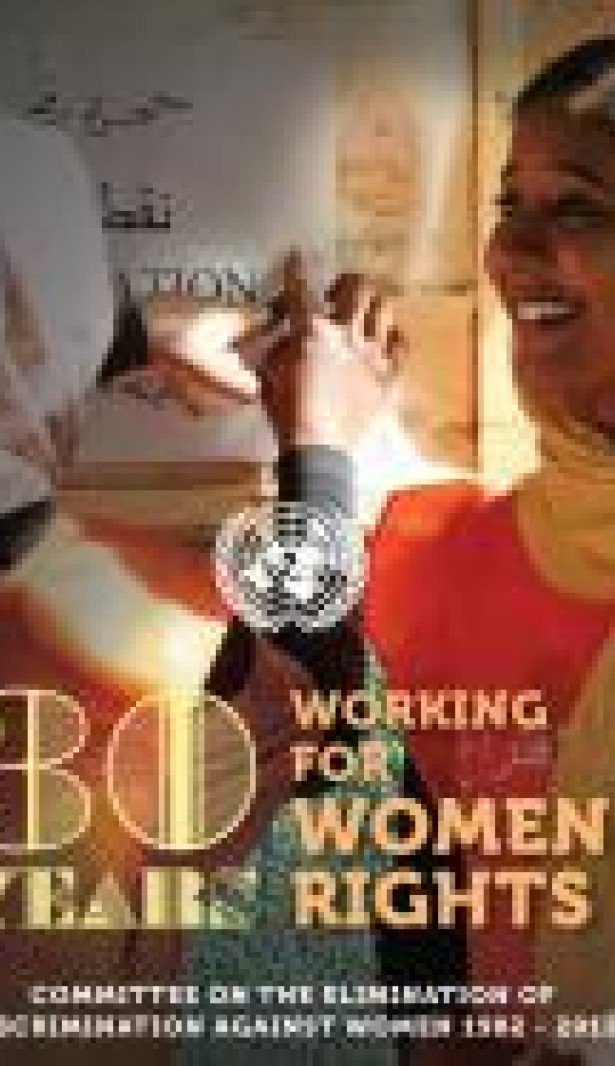Working towards more women leaders
13 July 2012

Although women make up half the world’s population, they account for only 20 percent of elected law makers.
“Democracy is not only about the right to vote. It is also the right to be elected,” said Michelle Bachelet, head of UN Women, at the commemoration of the 30th anniversary of the Committee on the Elimination of Discrimination against Women on July 9 in New York.
“Bachelet argued that having more women in Parliament is not only a question of justice. It is also a matter of improving the democratic quality of representation.
“By having more women as legislators, more concerns – different concerns, will be brought to the public arena to respond to the diverse needs of society, including the concerns of women themselves,” she said.
The Speaker of the Parliament of Uganda, Rebecca Alitwala Kadaga, agreed saying that the presence of more women in the country’s Parliament had seen the enactment of laws through private members bills to prevent trafficking in persons, female genital mutilation and domestic violence.
“I have also been able to use my position to advocate for increased budgetary allocations to the health sector and created a committee on health to facilitate the MDGs,” she said.
Women make up 35 percent of Uganda’s Parliament, thanks to constitutional provisions that guarantee women a minimum number of seats.
Evidence shows that quotas are the most effective means, at least initially, of increasing the number of women in leadership positions. Of the 33 countries where women occupy at least 30 percent of seats in parliament, 26 have a quota system.
In Nepal, special measures under the interim constitution secured 33 percent of legislative seats for women, making Nepal the leader in the Asian region in this regard.
Sapana Phadhan Malla, a member of the now dissolved Constituent Assembly, said that the significant presence of women in the Constituent Assembly had enabled them to negotiate for a range of guarantees of women’s rights. They included quotas for women in parliament, other state structures and top leadership positions; the principle of shared responsibility for childcare and house work; and the recognition of patriarchy as a barrier to gender equality. Malla credited the Convention on the Elimination of all forms of Discrimination against Women (CEDAW) for these achievements.
“For having consensus language on women’s rights in Nepal, CEDAW was the guiding principle,” she said.
Following the dissolution of the Constituent Assembly before the completion of a new Constitution, however, the guarantees that were agreed now hang in the balance.
Consolidating hard-won gains for women’s rights is a challenge in many countries, said Ivan Simonovic, Assistant Secretary-General for Human Rights, citing the Arab Spring.
“Women have played a major role in the Arab Spring. The question remains whether women’s rights will benefit from the momentous political changes that women have helped to bring about, or they will be compromised in political deal-making,” he said.
Prof. Souad Triki, a women’s rights advocate from Tunisia, agreed saying that women’s participation in the Tunisian uprising had raised their profile as leaders.
An electoral law adopted after the revolution required political parties to present an equal number of men and women for election. Because of the way the law was implemented, however, a lower than expected number of women – 24 percent – were elected to the Constituent Assembly in 2011.
“The fear is that traditionalists will revoke guarantees of women’s rights secured through [the personal status code] and international conventions ratified by Tunisia, as well as the principle of parity between men and women on electoral lists,” she said.
Triki called for constitutional guarantees and removal of reservations to CEDAW as a means to safeguard women’s rights in Tunisia.
President Dilma Rousseff, the first woman to be elected to the highest office in Brazil, stressed the importance of women leaders as role models.
“When [women] hear me, they are certain of just how far they can go. They can even look at their daughters and be certain that yes, a woman can do many things – even lead nations,” she said in a statement read by the Minister of Policies for Women, Eleonora Menicucci de Oliveira.
UN Deputy Secretary-General, Jan Eliasson, said that the rights enshrined in CEDAW – from addressing discrimination to guaranteeing basic rights – were the key to equal participation of women in politics and leadership.
“Political participation and leadership begin long before women are sworn into office,” he said. “Our ultimate means in achieving equality in political leadership is to realize these fundamental rights for all women and girls.”
The chair of the Committee on the Elimination of Discrimination against Women, Silvia Pimentel, highlighted the achievements of the Committee over the 30 years of its existence.
“The Committee has contributed to consolidating an understanding of human rights, placing women’s human rights as one of the most prominent items on the international agenda, and empowering individual women, as well as groups of women, to claim them,” she said.
13 July 2012

